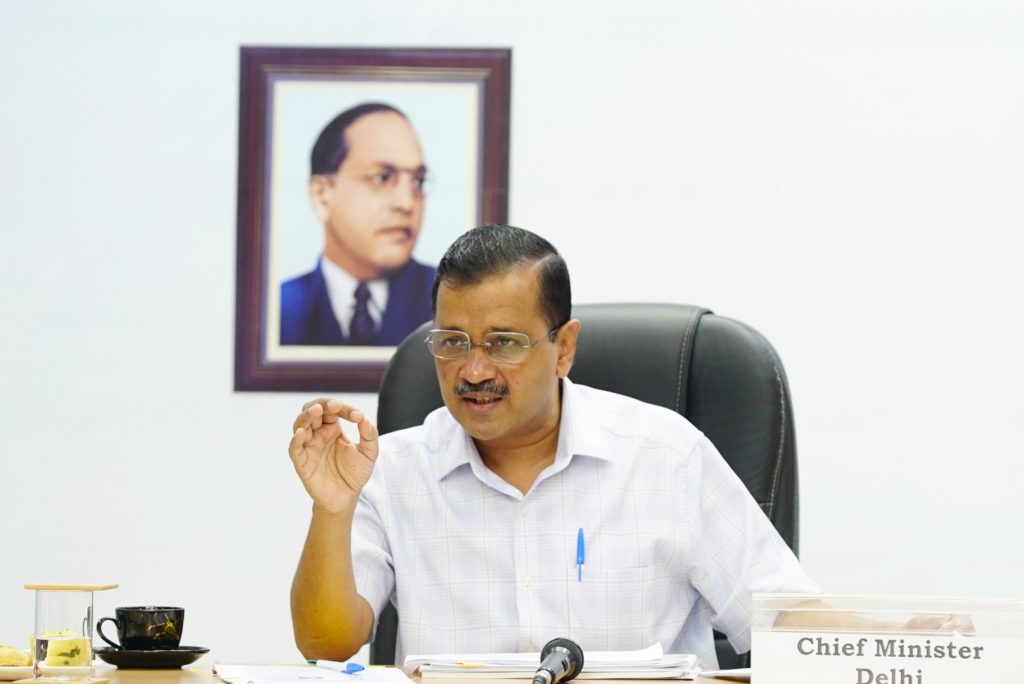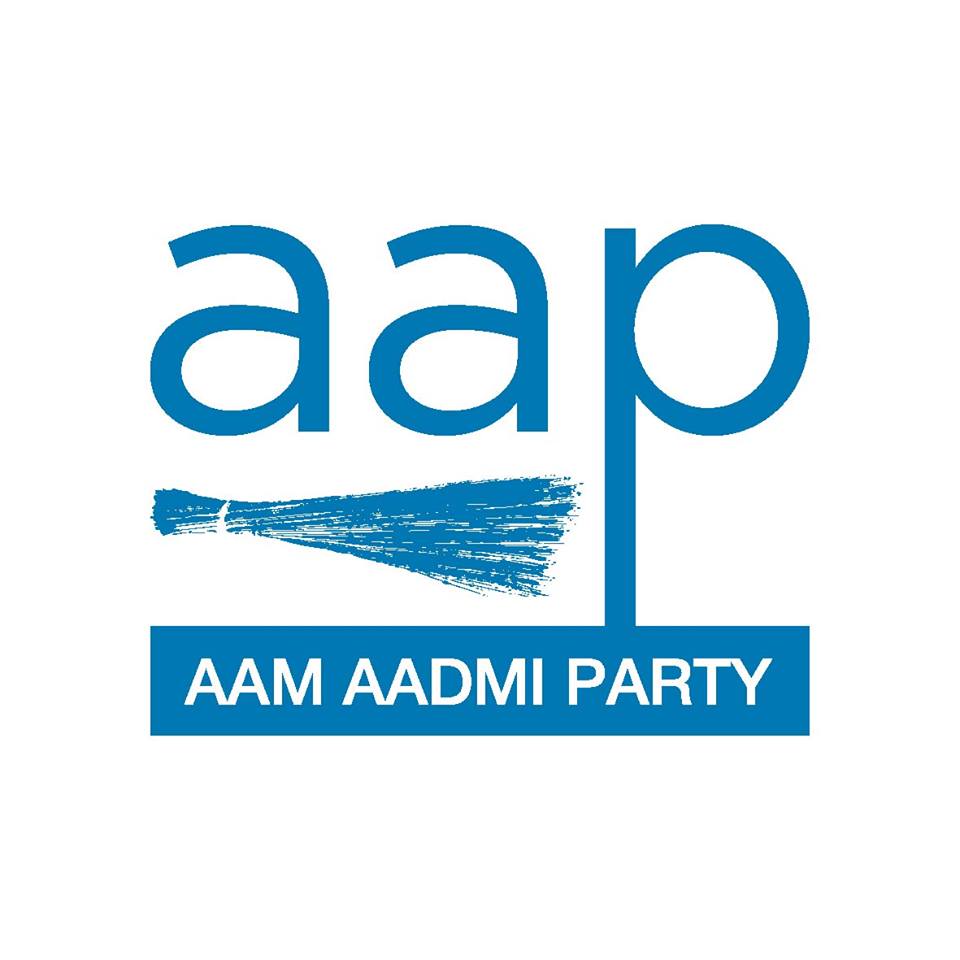Chief Minister Shri Arvind Kejriwal will personally monitor & oversee the availability and distribution of water in Delhi from now on. The aim of this initiative is to conserve water by preventing wastage and thereby ensuring that clean and sufficient drinking water is provided to the people of Delhi. Chief Minister Shri Arvind Kejriwal has emphasised the importance of conserving water and ensuring that every drop of water is utilised effectively. In addition, the DJB will set up 500 RO plants in the first phase with tube wells in water-scarce areas including unauthorised colonies.

The CM has also directed officers to ensure early disposal of pending cases related to land for installation of tubewells and RO plants. He has also sought a plan for using every drop of treated water of STPs from DJB. This initiative is expected to have a significant impact on the overall water supply situation in Delhi, and it is a clear demonstration of the government’s commitment to ensuring that the people of Delhi have access to clean and sufficient drinking water.
In order to ensure the success of this initiative, Chief Minister Shri Arvind Kejriwal held another high-level meeting with all the concerned departments, including the Delhi Jal Board, on Monday. This was the fourth review meeting in the last month and a half, and it focused on a number of issues related to the daily production and transportation of water, installation of RO plants, and land allocation for tubewells and RO plants. The Chief Minister gave necessary guidelines to the officials present at the meeting, including Water Minister Saurabh Bhardwaj, CEO of Delhi Jal Board, officers of DUSIB, MCD, Forest Department, and all concerned departments. The discussions were aimed at improving the monitoring of water production, transporting treated water to parks, and other measures aimed at improving the overall water supply situation in Delhi.
In the review meeting, CM Shri Arvind Kejriwal took stock of data regarding total water produced and its supply in Delhi. Upon this, he directed the Delhi Jal Board to submit daily reports to him on the production and supply of water from the water treatment plant towards its supply from the primary UGR. The Chief Minister also instructed the DJB to directly report any instances of water leakage or theft to him so that he can take necessary actions.
Furthermore, the Chief Minister inquired about the progress of providing land for the installation of tubewells and RO plants. The officials informed that land had been received from some departments while negotiations were underway with the remaining departments. The Chief Minister directed the officials to settle all the pending land cases within a fixed time limit.
CM Shri Arvind Kejriwal laid focus on increasing the capacity of all sewage treatment plants (STPs) under the Delhi Jal Board during the meeting. Officials assured the Chief Minister that the STP capacity would be increased to 950 MGD by next year. Upon this, he directed the board to prepare a plan for using treated water from each STP. While the board has already made a plan, the Chief Minister wants it to be improved to ensure that 100 percent of treated water is utilised. He also directed that all parks around the STPs should receive water through pipelines, and a study should be conducted for parks and green land further away. If possible, treated water will also be supplied through pipelines to such parks.
Additionally, the CM instructed the CEO of the Delhi Jal Board to speak to the Delhi Development Authority (DDA) about pending permissions for tubewells. The DDA was also instructed to expedite pending permissions for water bodies and lakes. Large reverse osmosis (RO) plants will be set up wherever tubewells and lakes are present, and small RO plants, also known as community RO plants, will be set up as required. The Delhi Jal Board has identified 471 locations in the first phase for installing small ROs, the Chief Minister appreciated the board’s efforts and directed them to set up the RO plants as soon as possible after obtaining permission from the relevant department. The Chief Minister also reviewed the financial model of the RO plants and instructed that a corruption-free system be put in place. To prevent water theft, he also directed that adequate checks and balances be implemented. On the tender process, the Chief Minister suggested that instead of issuing a tender of 10,000 capacity for 1,000 consumers, a tender of 1,200 capacity be issued.
During the meeting, DJB officials stated that in the first phase, they plan to set up 500 RO plants along with tubewells in water-deficient areas, including unauthorised colonies, where piped water supply is not available, and water is currently supplied through tankers. The DJB is setting up 30 RO plants of 50,000 litres per day (50 KLD) capacity as a pilot project, and two RO plants have already been installed at the Jharoda Government School and Shakur Basti. Meanwhile, work on two more RO plants is ongoing in the Hari Nagar assembly constituency. Land surveys for the remaining RO plants are being finalised in coordination with elected representatives to identify available land. After the installation of the RO plants, RFID cards will be issued to local people to ensure they receive an adequate supply of clean water.
The Chief Minister’s Office shared the details of the review meeting via Twitter, stating that the DJB will now submit a daily report on the total availability and supply of water in Delhi to the Chief Minister. They will also develop a comprehensive plan for the reuse of STP water, and water will be supplied to nearby parks. “Over 450 locations have been identified where arrangements will be made to provide clean and pure water to the public by installing RO systems. The DJB will also work towards obtaining early approval for all of their schemes from various government departments,” the tweet read.

